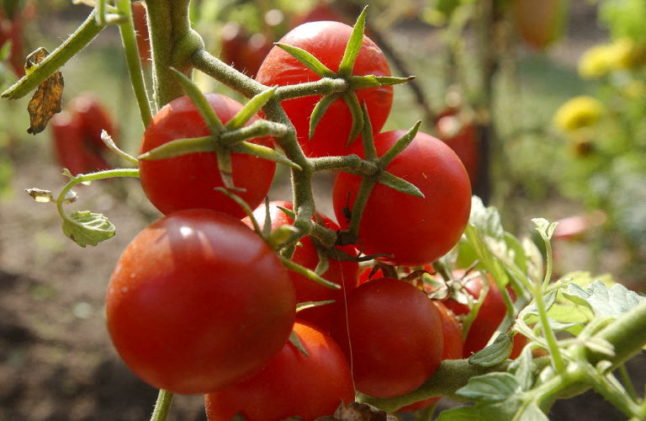Amazon “is working on a progressive reopening from May 19th” in France, it told AFP in a statement, after unions also said agreement had been reached on the conditions for resuming operations.
The online retailer had been locked in a battle with labour unions which said not enough was done to mitigate contagion risk for staff.
Employees had needed to process a flood of orders amid the almost two month nationwide lockdown that ended on Monday and saw traditional shops shuttered.
The standoff had come under international scrutiny, with Amazon closely watched worldwide over how it treats employees dealing with the surge of orders during virus lockdowns.
But staff unions said in a joint union statement that they and the management had “agreed on the conditions for resuming the activity of the six warehouses located on French territory from May 19th.”
“The resumption will be gradual and based on being voluntary,” the statement added.
The precise conditions are due to be worked out at a meeting on Monday.
Last month, an appeals court upheld a ruling that sharply curtailed Amazon's operations and ordered management to review safety measures.
The court said only digital products, office equipment, groceries, medical and personal care products could be delivered in the meantime.
But Amazon said it was impossible to comply with the order, and completely shut down the six sites from mid-April, though it maintained full pay for employees.
The CFDT union said that the outcome of the resulting negotiation with Amazon was “an important step in the adaptation of this company to the culture of our country, to its rules, and to the CFDT's requirements for a sustainable and dignified workplace.”



 Please whitelist us to continue reading.
Please whitelist us to continue reading.
Member comments